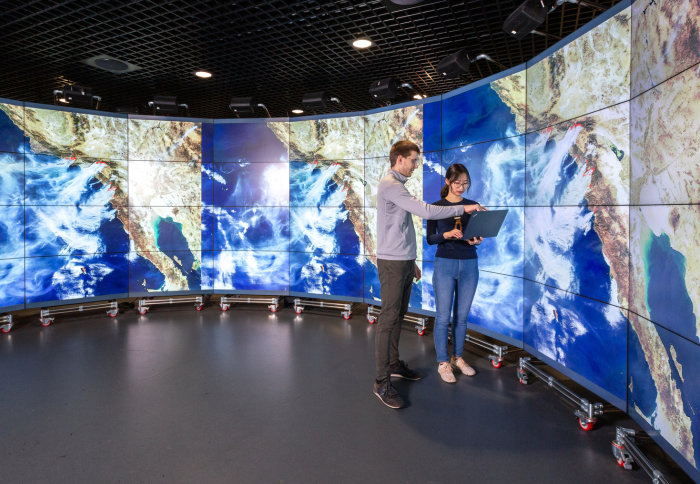New science visas welcomed as Imperial pushes for EU research alignment

Imperial is the UK's most international university, according to Times Higher Education
New Global Talent Visas that fast-track scientists’ access to the UK are to be introduced following campaigning from Imperial and researchers.
Writing in the Times this morning, Imperial President Alice Gast said the Global Talent Visas “show how Britain can continue to welcome first-rate researchers, backed by British, European and global funding agencies.”
 The new visas, open from 20 February, will be managed by UK Research and Innovation (UKRI), enabling rapid science-led decision making on visa applications.
The new visas, open from 20 February, will be managed by UK Research and Innovation (UKRI), enabling rapid science-led decision making on visa applications.
The policy follows calls from Imperial’s President in the Times, Telegraph, Financial Times and Economist for visa and research policy reforms after Brexit.
Times Higher Education ranked Imperial as the UK’s most international university today, as the College continues to campaign for access to European and global research networks.
In her letter to the Times, Professor Gast added: “Our participation in the European Commission’s Horizon Europe research funding programme must be settled in the next phase of negotiations with Brussels. If this happens, the coming decades could be the most successful in Britain’s scientific history.”
A Wellcome Trust report, published today, shows how such an EU-UK research deal is achievable.
European future
In a message to Imperial’s community ahead of this Friday’s Brexit date, President Alice Gast and Provost Ian Walmsley said: “We will continue to collaborate closely with our European and global partners in education, research and innovation – recognising that this is central to the future success of Imperial and UK science as a whole.”

During the Brexit transition period from 31 January, Imperial researchers can continue to apply for and win European research grants, as they have been since the 2016 referendum.
For example, an Imperial-led international research consortium was awarded a €22.5 million Horizon 2020 grant to develop new diagnostic tests for many serious health conditions last week.
Professors Gast and Walmsley said: “We will work with the government and colleagues across the research community to develop a new immigration system that supports and strengthens the UK’s role as a world leader in science.”
Article text (excluding photos or graphics) © Imperial College London.
Photos and graphics subject to third party copyright used with permission or © Imperial College London.
Reporter
Andrew Scheuber
Communications Division